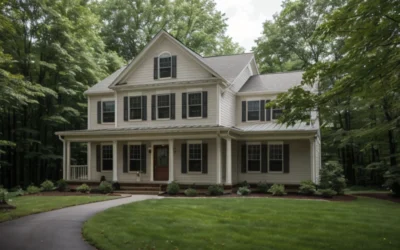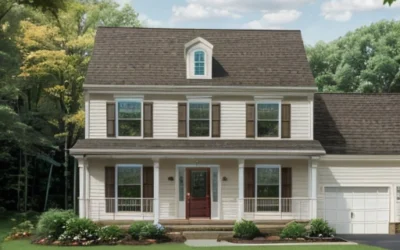Illinois Homeowners Can Receive up to $30K in Housing Assistance
The Illinois Homeowners Assistance Fund helps people who have fallen behind on their monthly mortgage payments due to COVID-19. The program is supported by the federal government and will provide $309 million in aid. Governor J.B. Pritzker announced on April 29 that more than 5,000 residents have filed for help through the program.
To be eligible, homes must have been impacted financially by the COVID-19 outbreak on or after January 21, 2020. They must also own and occupy their primary dwelling in Illinois, be at least 30 days behind on housing expenses, and have a household income of less than 150 percent of the Area Median Income.
The funds can be used for:
- Delinquent mortgage payments
- Mortgage reinstatement or other housing-related costs related to a period of forbearance necessitated by the pandemic
- Delinquent property taxes
- Delinquent homeowner’s insurance and/or flood insurance
- Delinquent Homeowners’/Condominium/Co-Op Association fees
- Delinquent mobile home lot rent
- Up to 3 months of prospective payments, if necessary
For more information on how to apply for housing assistance and to view an online webinar detailing the application process, visit the ILHAF official site. If you face foreclosures or have any questions, please contact the ILHAF call center at (866) 454-3571. Keep in mind, that the deadline to apply is May 31. When applying, you will be asked to create an Illinois Homeowner Assistance Fund account, complete a pre-eligibility questionnaire and provide the necessary documents.
Before applying for assistance, you must meet with a counselor who has been approved by the US Department of Housing and Urban Development to review your options and resources. For St. Clair County residents, the counselor is at Navicore Solutions and can be reached at 866-472-4557. You must receive a certificate from your approved counselor, a document from your legal aid attorney, or a letter from your mortgage provider detailing efforts to remedy your arrears before being approved for assistance.



